The information provided on this site is for educational purposes only and does not substitute for professional medical or psychological advice. Consult a medical professional or healthcare provider for advice, diagnoses, or treatment. Claire Evers is not liable for risks or issues associated with using or acting upon the information on this site.

Generalized Anxiety Disorder or GAD is one of the most common mental health disorders. With 1 in 5 people being diagnosed with some form of an anxiety disorder each year, it’s important that anyone who suspects that they are suffering from GAD seeks help and continues their care.
Understanding Generalized Anxiety Disorder
GAD is defined as a disorder in which people suffer from constant worry and fear for a minimum of six months. These worries and fears could be about general topics such as finances, their family, their health, or their future. The worry and anxiety over these situations can be so overwhelming that they cannot concentrate on anything else besides their worries and their anxiety becomes uncontrollable. An individual’s ability to work may become impaired and their anxiety cannot be attributed to any physical cause.
Signs of Generalized Anxiety Disorder
The latest version of Diagnostic and Statistics Manual of Mental Disorders (DSM-V) lists the following as signs of GAD. A patient would need to present with at least three of the following over a period of six months to receive an official GAD diagnosis.
- Being restless or constantly on edge
- Fatigued easily despite rest
- Cognitive Issues
- difficulty concentrating
- blanking out
- irritability
- Muscle Tension
- Sleep Issues (insomnia)
- General Irritability
Generalized Anxiety Disorder Symptoms
One of the reasons GAD can be so difficult to diagnose is because of the prevalence of physical, or somatic, symptoms that present alongside GAD. Because of this, it is recommended that you seek both medical and psychiatric help if you suspect you may be dealing with generalized anxiety disorder. Medical professionals will likely want to rule out any blood-glucose issues, thyroid problems, heart problems, or issues with drugs or toxins before they consider a potential mental health diagnosis.
- Dizziness
- Heart issues
- Palpitations: fluttering, pounding
- Racing heartbeat
- Stronger beat
- Irregular beat
- Shortness of breath
- Fatigue
- Muscle aches or tension
- Pins and needles sensations
- Chronic Pain
- Stomach ache
- Feeling generally sick
- Headaches
- Trembling or shaking
- Excessive Sweating
- Sleep issues
- Insomnia
- Difficulty falling asleep
- Difficulty staying asleep
Causes of Generalized Anxiety Disorder
GAD can present alongside other mental health or physical health disorders, but the following are labeled as the causal factors for a person developing GAD.
- Chronic Stress
- A diagnosed presence of a medical disorder or other mental health disorder
- Genetics- usually a diagnosed immediate family member shows an increase in likelihood
- Trauma
- Substance Use
Increased prevalence is shown in the following:
- Women
- Unmarried or single individuals
- People with poor health
- Low or poor education
- Living with significant stress
GAD diagnoses are commonly made around the age of 30, but can occur in children as well. The earliest common age for kids to present with GAD symptoms is around 11.
Generalized Anxiety Disorder and other Anxiety Disorders
GAD is known for its high ‘comorbidity’ rate, or how often it presents alongside other diagnoses. It is not uncommon for GAD to present alongside the following:
- GAD and Social Anxiety Disorder
- GAD and Panic Disorder
- GAD and OCD
- GAD and Health Anxiety
- GAD and PTSD or CPTSD
- GAD and Agoraphobia
Generalized Anxiety Disorder Treatment
Generalized Anxiety Disorder has only been a diagnosis for the past twenty years. In that time, the criteria for the diagnosis and the way it’s been perceived and treated by health care professionals has been redefined twice since its’ inception to the Diagnostic and Statistics Manual of Mental Disorders. Because of this, many health care and psychiatric professionals believe that ongoing contact with multiple types of doctors, who can give you an all-encompassing assessment of your progression, is vital to your overall quality of life and prevention of regression.
To get a sense if you qualify for a GAD diagnosis, check out the GAD-7 diagnostic form, but always follow up with a therapist or medical professional to be sure.
Cognitive Behavioral Therapy for GAD
CBT for GAD is thought to be the best form of therapy for this particular disorder as so much of your thought patterns have trained towards the negative that it will take intentional ‘reprogramming’ to reset the way you think. Analyzing the way you think, acknowledging unhelpful patterns, identifying new ways to approach anxiety-inducing situations and then gradually exploring those new techniques through controlled exposure is the main goal of therapy for an individual suffering from GAD.
Medication
Anti-depressants
Because Anxiety involves your adrenals and seratonin producing systems, SSRI’s and SNRI’s (anti-depressants) are considered the first line of defense of GAD medications. Examples of these medications are: Lexapro, Cymbalta, Effexor XR, Paxil and Pexeva. These medications generally see a 30%-50% success rate. In children, CBT and one of these medications has been shown to be 80% effective.
Anti-psychotics
For patients with behavioral problems, antipsychotic medications may be prescribed. At this time, only one antipsychotic medication is approved by the FDA for the treatment: trifluoperazine. Other antipsychotic meds are being used -off label- to treat different forms of anxiety. There haven’t been a ton of studies done on the use of antipsychotics and the ongoing use of them isn’t recommended.
Benzodiazepines
Benzodiazepines such as Diazepam and Clonazepam are good for those who understand that their diagnosis is psychological and are looking for a short-term solution to effect an immediate result. Because of this, people with a history of alcohol or drug usage are not considered ideal for these medications as these meds have a sedative property to them.
Buspirone
Buspirone isn’t likely to create dependency, is less sedating that Benzodiazepines, and takes a few weeks for it to be effective. Doctors recommend that you try a month with this medication before trying a different one.
All Medication routes show greater efficacy when used alongside Cognitive Behavioral Therapy.
Alternative treatments for Anxiety and GAD
Many people have trouble tolerating traditional medications and turn to nutritional supplements instead. I’m one of those people, and I can say from experience that you will want to approach supplements with caution. There are a lot of fads out there, and some supplements are not only outright harmful to you, but they may not be as effective as advertised, or be intended to treat what you are hoping to treat.
That being said, there are a few supplements that most doctors and psychiatric professionals seem to agree can help lower your anxiety levels, or your ability to fight off stress so that you are in a better position to cope with your symptoms of GAD.
Ashwagandha
Ashwagandha seems to have one of the more universal approval ratings of doctors, although check with your physician first if you are taking any other medication as Ashwagandha can lower the efficacy of other traditional types of medications. Ashwagandha is a powerful adaptogenic that helps your body handle the effects of stress.
Magnesium Glycinate
Magnesium Glycinate also has a high approval rating. This supplement supports muscle and nerve function, promotes relaxation and better sleep, and supports bone and heart health. Given all of the physical symptoms of GAD, this one is especially helpful.
L-Theanine
If your symptoms of GAD includes sleep problems, L-Theanine may also be an ideal addition for you. It helps to calm your brain and thought patterns, especially when you are trying to get some sleep.
Fish Oils
Omega-3 fatty acids help maintain the right amount of DHA in your brain tissues so that it can function properly. Low levels of this fatty acid can contribute to issues with your memory, learning and even contribute to your Anxiety. While there are mixed ideas on how much to take, and how effective it can be, when combined with other meds, Fish Oils have been shown to help reduce Anxiety.
Zinc and Copper
With chronic fatigue being one of the most common concerns of those struggling with GAD, ignoring potential nutritional deficiencies could leave you struggling. Using multivitamins is always recommended, no matter who you are and whether or not you’re struggling with GAD. Beyond that, Zinc and Copper deficiencies are among the most common struggling with chronic fatigue. As a part of your journey, it may good to ask your doctor about adding in one of these into your regimen.
Labels to look for
In general, if you are buying supplements on your own, make sure to check the labels!!! It is perfectly legal within the U.S. to label a product as ‘organic’ or ‘non-gmo’ even if it isn’t. check for an official ‘USDA Organic’ label, a ‘USP’ lable, a ‘Third party tested’ label, or a ‘GMP’ (good manufacturing practices) label. These will help to ensure that you are not only getting your money’s worth in terms of actual efficacy and concentration levels, but that you aren’t putting something into your body that will hinder your health, instead of help.
Supplements to avoid with GAD
As I mentioned earlier, there are some supplements that can be detrimental to your health or your struggle with GAD. KAVA was once thought to be helpful, but has been shown to carry risks of liver damage. St. John’s Wort can be helpful for someone who is only battling depression, but is not recommended for those with anxiety, in fact, it can even make your symptoms of anxiety worse!
Be careful what you use and if possible, always loop in your doctors and psychiatrist before taking something new.
Dealing with Generalized Anxiety Disorder
Dealing with GAD is so much more than doctor’s visits, medications, and struggling. Remission and finding a new healthy normal is possible and worth the time and effort. Keep going, and don’t forget to take care of yourself along the way!
Stress management
Because stress is one of the causes of anxiety, it is good to practice self care regularly and to find effective ways to manage your stress levels without avoiding necessary life activities or functions. Lowering your stress levels may not get rid of your anxiety entirely, but it will help you to cope with the effects of your anxiety in a healthy way.
Continued Treatment
GAD is sadly one of the forms of anxiety with a high mortality rate. Because people who suffer from GAD struggle to work and maintain relationships while they deal with a plethora of physical health issues, the quality of life is especially low in people with this disorder.
Suicide is much higher in a person with Generalized Anxiety Disorder and to prevent this and any other forms of suffering, it is recommended that you seek help, follow your doctors’ advice and keep a team of professionals monitoring your progress.
Join a support group
If you are financially or practically unable to pursue regular treatment, make sure to share your struggle with family, friends, or others who understand what you’re going through. A support group may be a good way for you to engage in cognitive behavioral therapy by learning from others.
You don’t have to suffer, there is a treatment available for you, but it may take some time with trial and error before you find what combination of therapy and medications work best for you.
GAD and relationships
Generalized Anxiety Disorder can result in isolation and misunderstandings that lead to broken or strained relationships. Finding understanding is crucial to your drive to find the right treatment. If you have GAD and are struggling to find the right combination of treatments, joining a support group might be the right step for you.Other people who have found ways to cope with their anxiety and sustain relationships can offer advice and insight to your personal situation.
As someone who struggles with anxiety and maintaining relationships, I know that finding the energy alone to put towards relationships can be tricky, and communicating my needs has been difficult. Not everyone you love will understand you the way you want them to at first, but they will likely try their best. Keep opening up to them and the more you do so, the easier it will be for your loved ones to recognize your struggles and how your GAD is affecting you.
No one is meant to be alone, and neither are you. Isolation has been scientifically shown to cause distress to our brains, so keep trying, even when it takes a lot, or others don’t understand right away. The people who love you will want to understand and try to help in the best way they are capable of. Don’t give up on yourself, or them.
Conclusion
Generalized Anxiety Disorder can be difficult to diagnose and may require time to find the right combination of treatments as GAD is only a twenty year old diagnosis and treatment options haven’t had enough time to be fully refined yet for immediate results. Keep trying, and don’t give up, remission is possible.
Ways to treat GAD
- Cognitive Behavioral Therapy
- Support Groups
- Stress Management Techniques
- Prescribed Medication
- Use of Alternative Treatments
- Continued Supervision from a comprehensive team of professionals
May God Bless and Keep You.
Related Posts
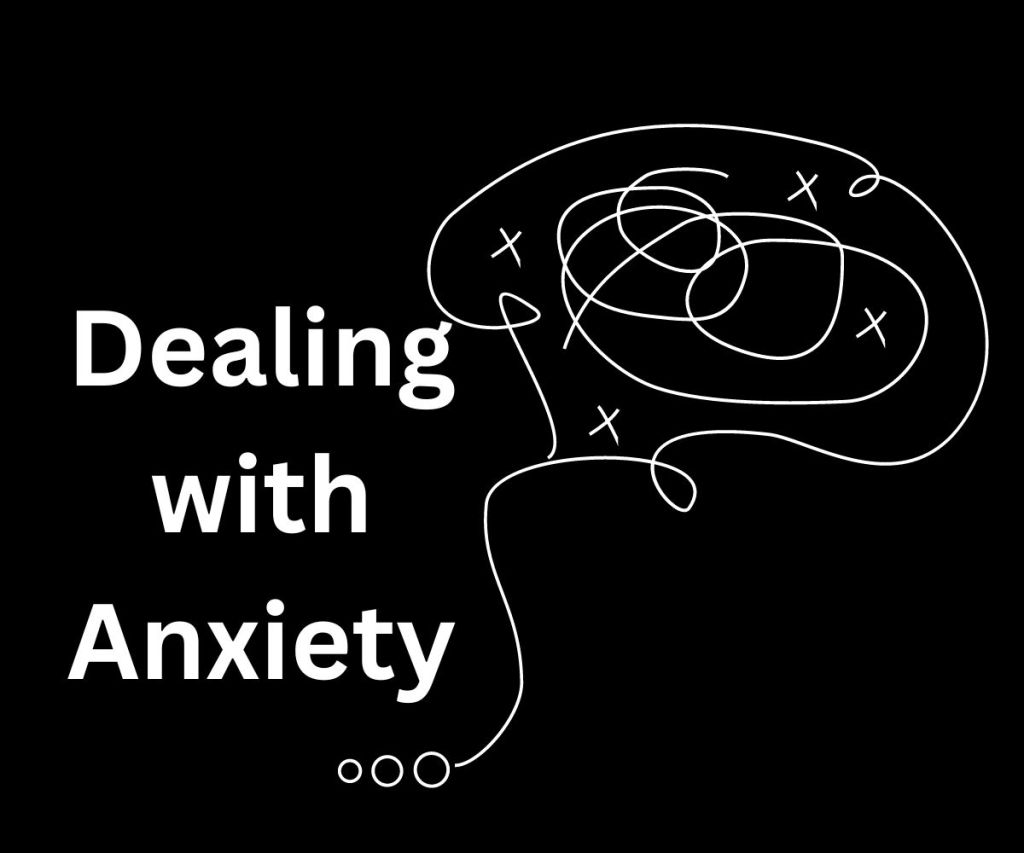


Now available free to read on Kindle Unlimited!!

Coming Soon!



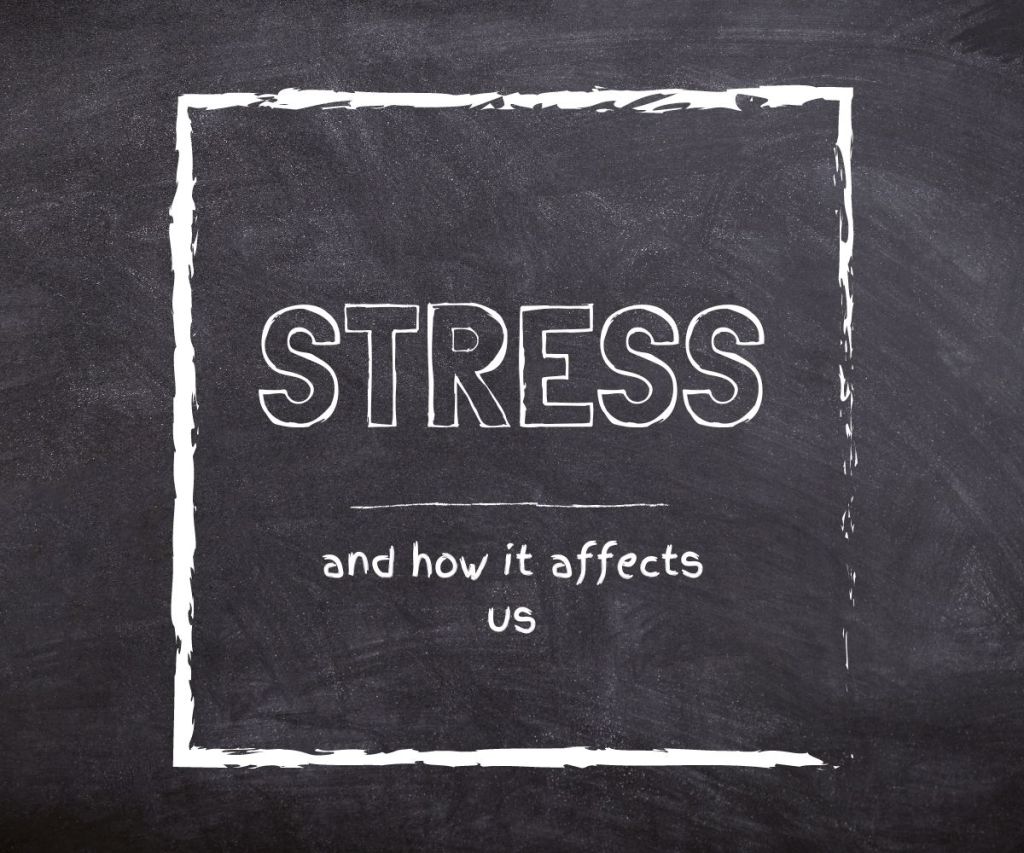
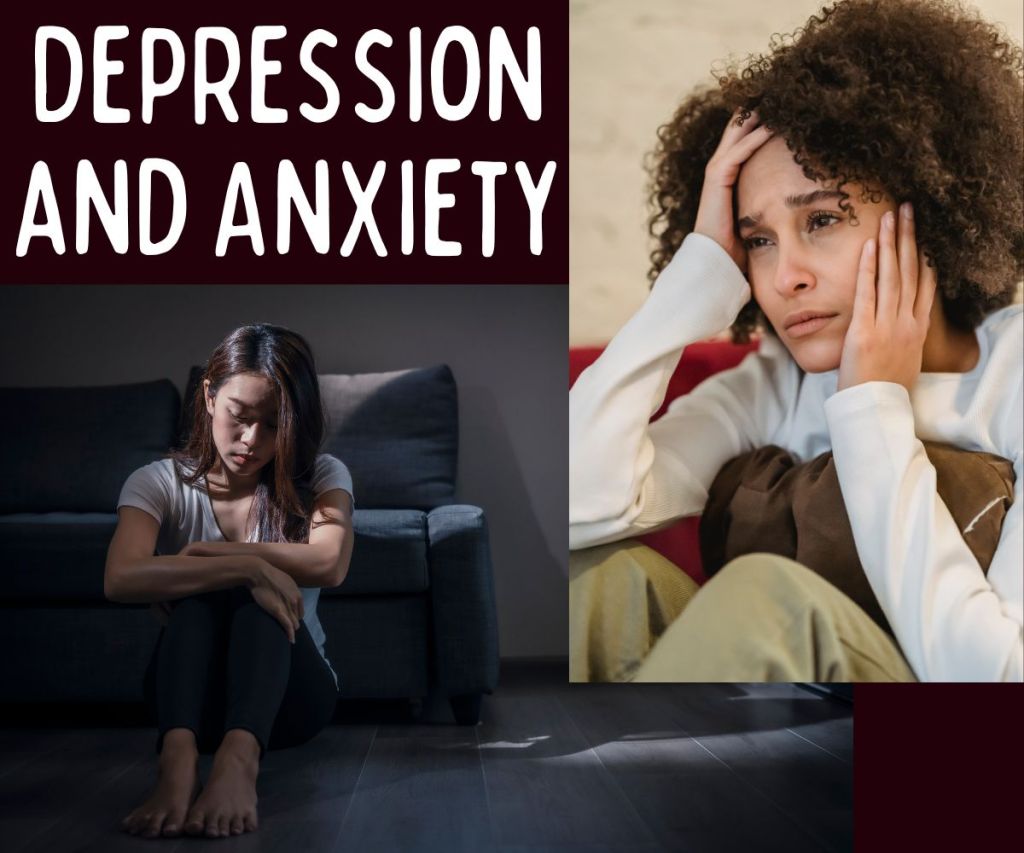
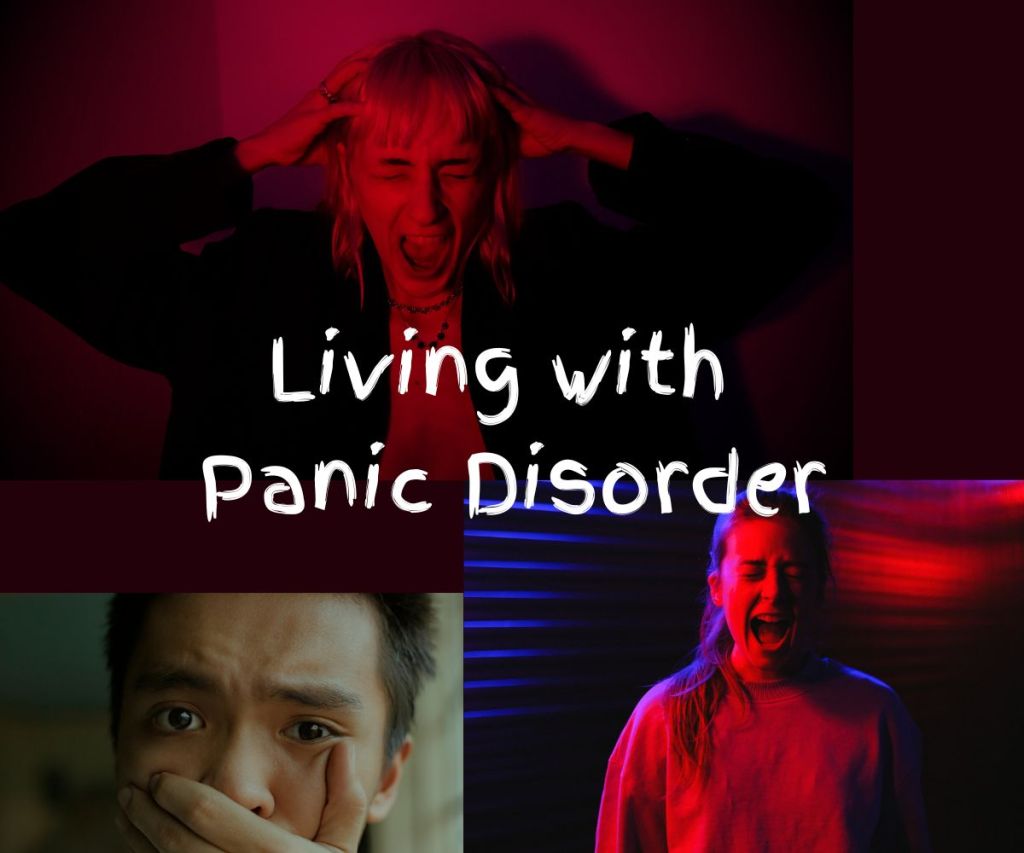
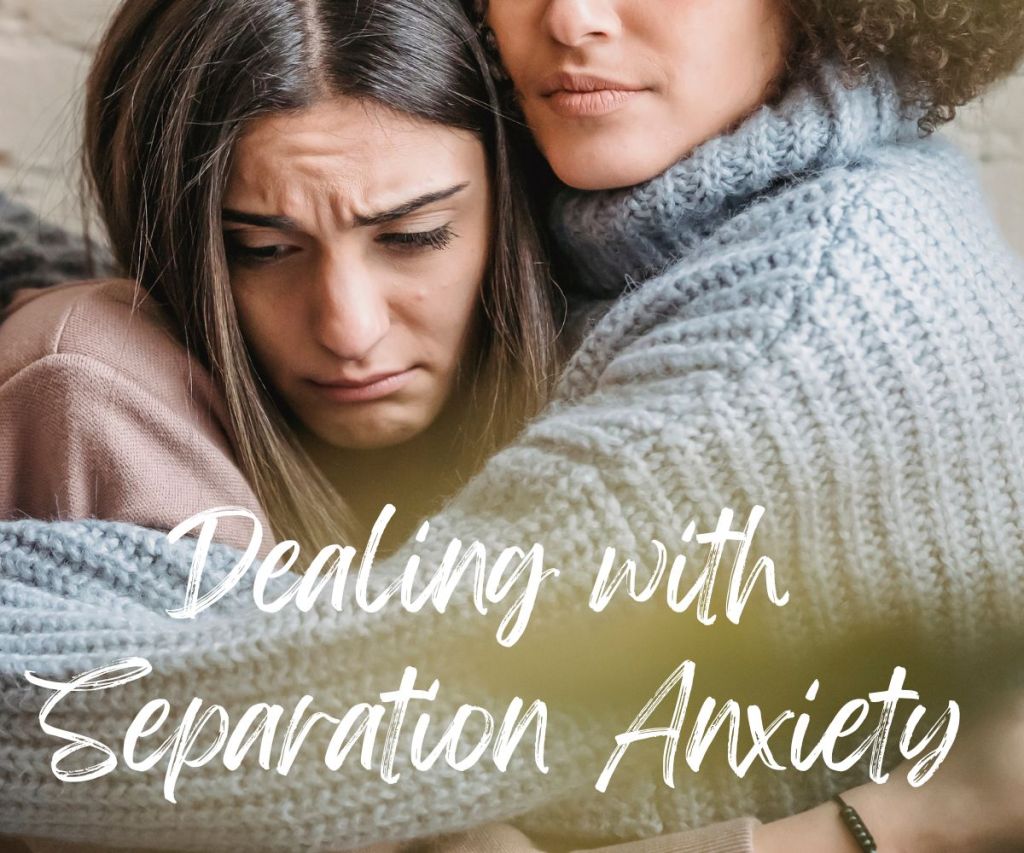
Leave a comment